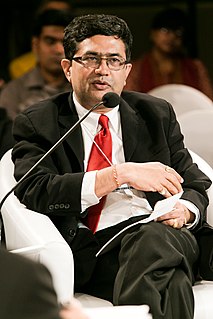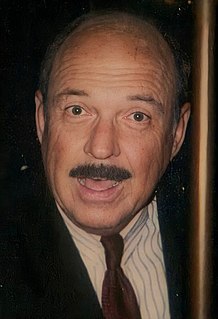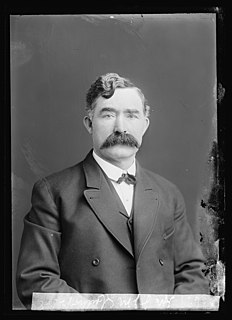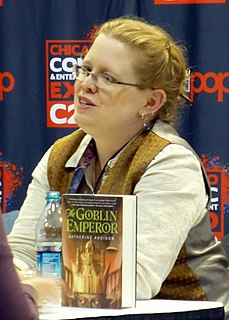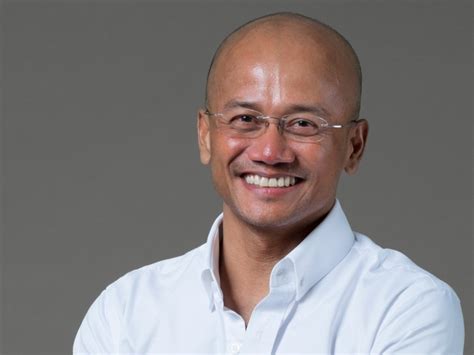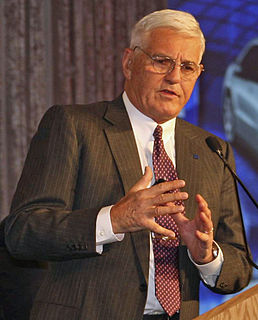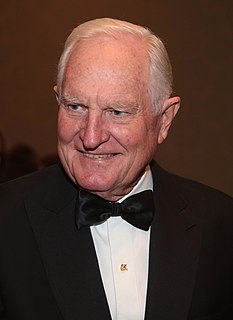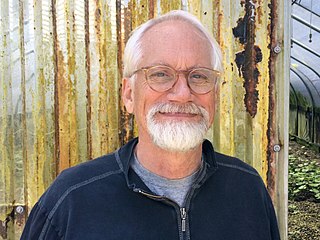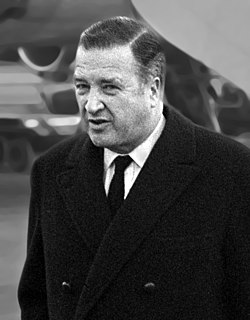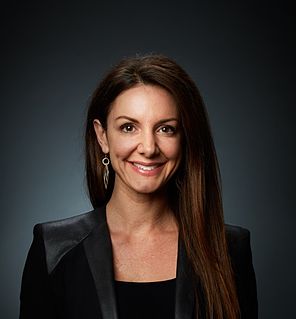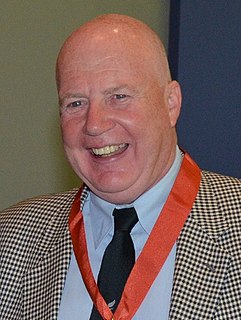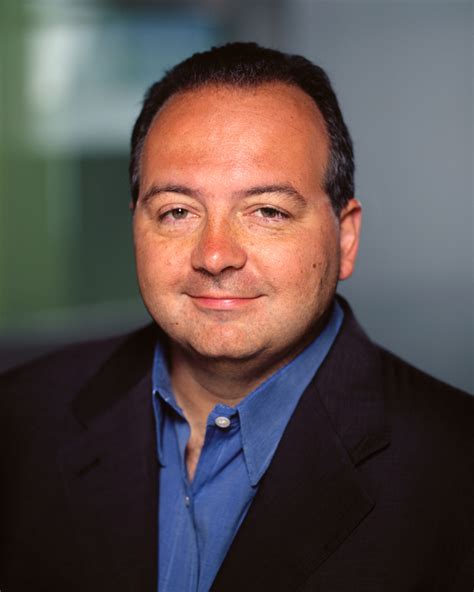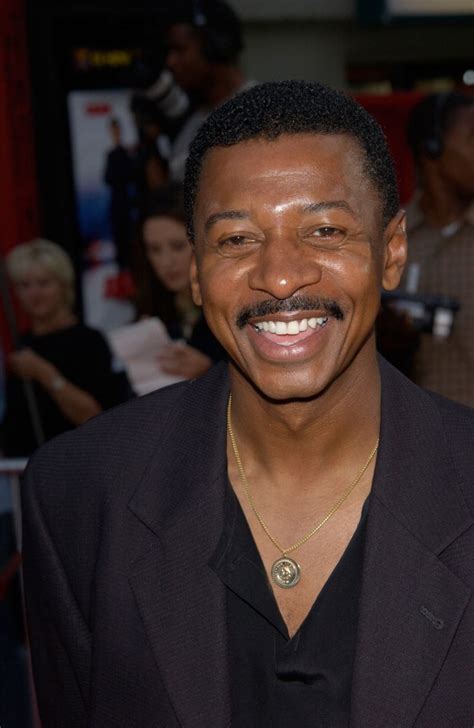A Quote by Ashish Chauhan
When asked "If you could meet any famous person living or dead," I always ask whether the dead person would be alive again when I meet them.
Related Quotes
It's silly to be depressed by it. I mean one thinks of it like being alive in a box, one keeps forgetting to take into account the fact that one is dead, which should make all the difference, shouldn't it? I mean, you'd never know you were in a box would you?... Even taking into account the fact that you're dead, it isn't a pleasant thought. Especially if you're dead, really. Ask yourself, if I asked you straight off-- I'm going to stuff you in this box now would you rather be alive or dead? Naturally you'd prefer to be alive. Life in a box is better than no life at all.
It is an error to divide people into the living and the dead: there are people who are dead-alive, and people who are alive-alive. The dead-alive also write, walk, speak, act. But they make no mistakes; only machines make no mistakes, and they produce only dead things. The alive-alive are constantly in error, in search, in questions, in torment.
I did some research on this a couple years ago," Augustus continued. "I was wondering if everybody could be remembered. Like, if we got organized, and assigned a certain number of corpses to each living person, would there be enough living people to remember all the dead people?" "And are there?" "Sure, anyone can name fourteen dead people. But we're disorganized mourners, so a lot of people end up remembering Shakespeare and no one ends up remembering the person he wrote Sonnet Fifty-five about
Some day soon, perhaps in forty years, there will be no one alive who has ever known me. That's when I will be truly dead - when I exist in no one's memory. I thought a lot about how someone very old is the last living individual to have known some person or cluster of people. When that person dies, the whole cluster dies,too, vanishes from the living memory. I wonder who that person will be for me. Whose death will make me truly dead?
I told you before, Jem, that you would not leave me. And you are still with me. When I breathe, I will think of you, for without you I would have been dead years ago. When I wake up and when I sleep, when I lift up my hands to defend myself or when I lie down to die, you will be with me. You say we are born and born again. I say there is a river that divides the dead and the living. What I do know is that if we are born again, I will meet you in another life, and if there is a river, you will wait on the shores for me to come to you, so that we can cross together.
Some people spend their entire lives thinking about one particular famous person. They pick one person who's famous, and they dwell on him or her. They devote almost their entire consciousness to thinking about this person they've never even met, or maybe met once. If you ask any famous person about the kind of mail they get, you'll find that almost every one of them has at least one person who's obsessed with them and writes constantly. It feels so strange to think that someone is spending their whole time thinking about you.
I’m going to kill myself. I should go to Paris and jump off the Eiffel Tower. I’ll be dead. you know, in fact, if I get the Concorde, I could be dead three hours earlier, which would be perfect. Or wait a minute. It -- with the time change, I could be alive for six hours in New York but dead three hours in Paris. I could get things done, and I could also be dead.
When the clock stops on a life, all things emanating from it become precious, finite, and cordoned off for preservation. Each aspect of the dead person is removed from the flux of the everyday, which, of course, is where we miss him most. The quarantine around death makes it feel unlucky and wrong--a freakish incursion--and the dead, thus quarantined, come to seem more dead than they already are.... Borrowing from the dead is a way of keeping them engaged in life's daily transactions--in other words, alive.
